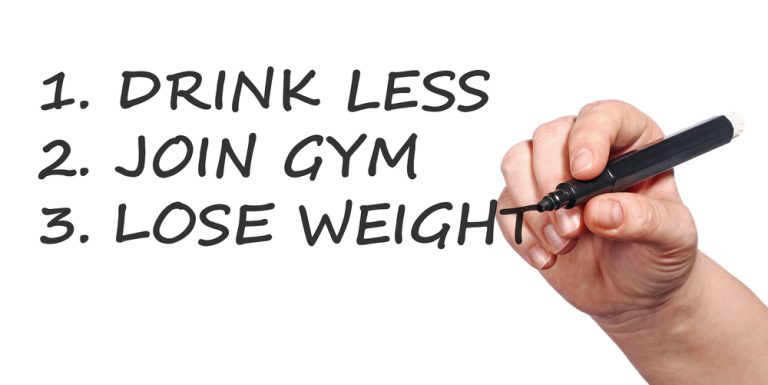Alcohol is poison to humans, but can even a small intake of alcoholic beverages have negative effects? Here's what effect alcohol has on an athlete. Check how to drink so that your training doesn’t suffer!
- Alcohol and athletes
- The effect of alcohol on the athlete: dehydration
- Rinsing of microelements
- The effect of alcohol on the athlete: regeneration
- Lowering motor skills after ingestion
- The effect of alcohol on the athlete: metabolism
- Sleep disorder - further deterioration of regeneration
- How to drink so that you do not suffer during training?
Alcohol and athletes
Alcohol is poison for the human body. Both strong and weak beverages have an adverse effect on many physiological processes. Therefore, consuming any type of alcoholic drink is not recommended for athletes. This does not mean, however, that alcohol is absolutely prohibited. There are different occasions where a glass of wine or champagne is even recommended. Check how to drink as to not negatively affect your training. Here are the effects of alcohol consumption.

The effect of alcohol on the athlete: dehydration
The main side effect of drinking alcohol is the loss of water from the body that reduces the athlete's exercise capacity. This is because the body wants to quickly get rid of toxins from the body. To return to water and electrolyte balance, the body sometimes needs up to a week for full regeneration. Therefore, do not count that the day after a successful event, just after sobering up, you'll be ready for training. Due to the long time needed for regeneration of the body, absolutely avoid alcohol for a few days before competition or important training.
Drinking a glass of wine causes the body to lose up to half a liter of water. Therefore, when drinking alcohol, you should supplement the missing water in the body on an ongoing basis. After each serving of alcohol, reach for a glass of water and drink it all.
Rinsing of microelements
When drinking alcohol together with water, the body loses many valuable micronutrients. Magnesium is the first to be washed out, which makes training practically impossible. Magnesium deficiency causes the muscles to refuse to obey, and the well-being decreases significantly. By consuming alcohol, we also lose potassium, sodium and calcium, and vitamins B1, B6 and C. These micronutrients also play a significant role in the athlete's supplementation. If you happen to reach for alcohol, remember what you should be topping up quickly.
The effect of alcohol on the athlete: regeneration
Some regulars allow themselves a beer or a drink after hard training or competition. Such a "reward" only delays he process of regeneration of the organism. For this reason, at the next training, the athlete will not have the strength to exercise. Consumption of alcohol causes disruption of the process of cell reconstruction. What's more, it reduces the rate of muscle synthesis. This means that athletes who have problems with injuries should not drink alcohol at all.
Lowering motor skills after ingestion
Alcohol consumption evokes a familiar sense of relaxation. However, this relaxation reduces muscle tension, delays the response time to the athlete's stimuli and dulls the mental acuity for even a few days! In addition, alcohol interferes with motor coordination, which causes motor skills to be slightly impaired. The result of deterioration of the body's motility may be an injury in a potentially harmless situation.
The effect of alcohol on the athlete: metabolism
Alcohol consumption disturbs the metabolism of body fat and carbohydrates. Metabolism disturbance and increased appetite while drinking alcohol cause an increase in body weight, or actually the body fat itself. Alcohol itself is very caloric, hence the "beer belly" appears when drinking frequently. When consuming alcohol, it's hard not to snack on something, and these are extra empty calories. For these reasons, people who try to reduce weight should not drink alcohol.
Sleep disorder - further deterioration of regeneration
It might seem easier to fall asleep after alcohol. Yes, but the quality of sleep is much lower. Alcohol causes the regeneration of the body to be significantly slowed down. Alcohol intake causes sleep problems, but also lowers testosterone production and disturbs thermoregulation.
How to drink so that you do not suffer during training?
If you actually have the opportunity to drink alcohol, think with your head. Above all, alcohol consumption should not be excessive. Also remember to regularly fill up with water while drinking alcohol. However, do not risk it a few days before the competition or during an injury by drinking alcohol.






